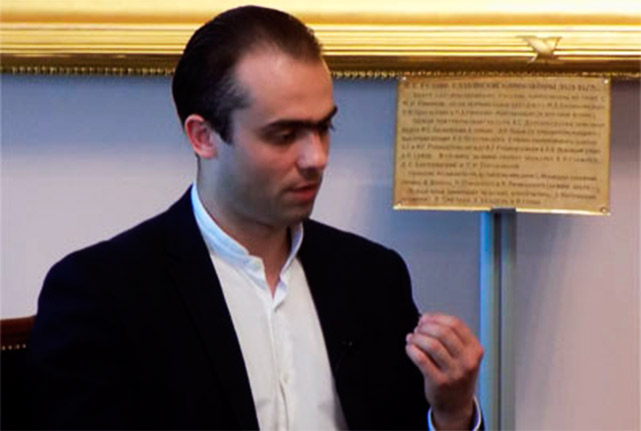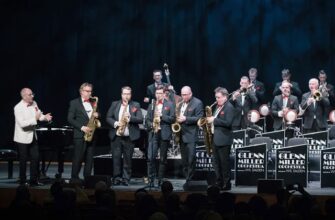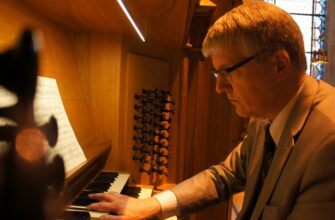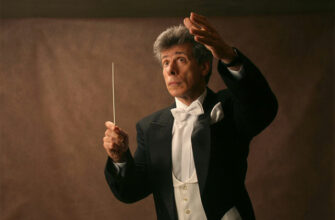Classical music is inherently highbrow and elitist. Unlike the popular music it requires education or at least preparation for the hearing. For those people who do not have habit to listen to classics, it oftenly seems to be homogeneous and boring. At the same time, those who understand musical language, have infinite interest and they often say that the best musical pieces are perceived infinitely throughout life.
Our interlocutor – conductor Dmitri Kryukov – has kindly agreed to reveal to us the veil of perception of classical music. Conductor of Rockapella of the Russian Federation and the invited conductor of the Bolshoi theatre, he was born in 1990 in Perm. A graduate of the Moscow Conservatory after P. I. Tchaikovsky, he studied with the great teachers – Valery Polyansky and Gennady Rozhdestvensky.
D. Kryukov about Valeriy Polyansky: “He is a teacher and musician with a capital letter … For me his interpretations of the Russian classics are the number one. His recordings of Tchaikovsky, Glazunov, Rachmaninoff and others – for me they are the most Russian, the deepest, the most thoughtful. On the one hand, it is limited in the severity and in understanding what you can do and what you can’t do. On the other hand, the bearing of thoughts, beauty, fullness and light. I’m a fan of my teacher”.
D. Kryukov of Gennady Rozhdestvensky: “This is one of the most famous musicians in the history of our country. The man who was so popular in Europe in the 50-60s gg, maybe as no musician so far. His interpretations of the Russian and world music became the standard… I am learning from him how to carry the energy of people like to work with an orchestra, with people, how to achieve certain results. Gennady never forces the orchestra to do anything, he always gives a lot of freedom and musical will, but the musicians play the way he wants.”
In performing the repertoire of Dmitry Kryukov, we see music from different eras: “the Tsar’s Bride” by N. Rimsky-Korsakov’s symphonies and concertos of Bach, Mahler, Tchaikovsky, Prokofiev, Shostakovich and many others. And conductor, endowed with understanding of the depths of music does not limit himself to any genre. He is sure is worthy of attention as to di Sant’ambrogio Church and the Gregorian chants of the VIII century and to modern avant-garde as well.
“Clean music (instrumental, without words) gives higher thoughts than Opera or ballet, but it is hard to understand it. It is reflections of composers, removed from earthly life. They tell of the eternal, on the destiny of the soul. This music leads to God. Opera music was created largely for the heart”, – says Dmitry. “You have to understand that the composer wanted to express”, “we need to understand what he wanted to say in a particular context, ottsepleny from prejudice”.
We offer You to watch the full interview on our video channel:




